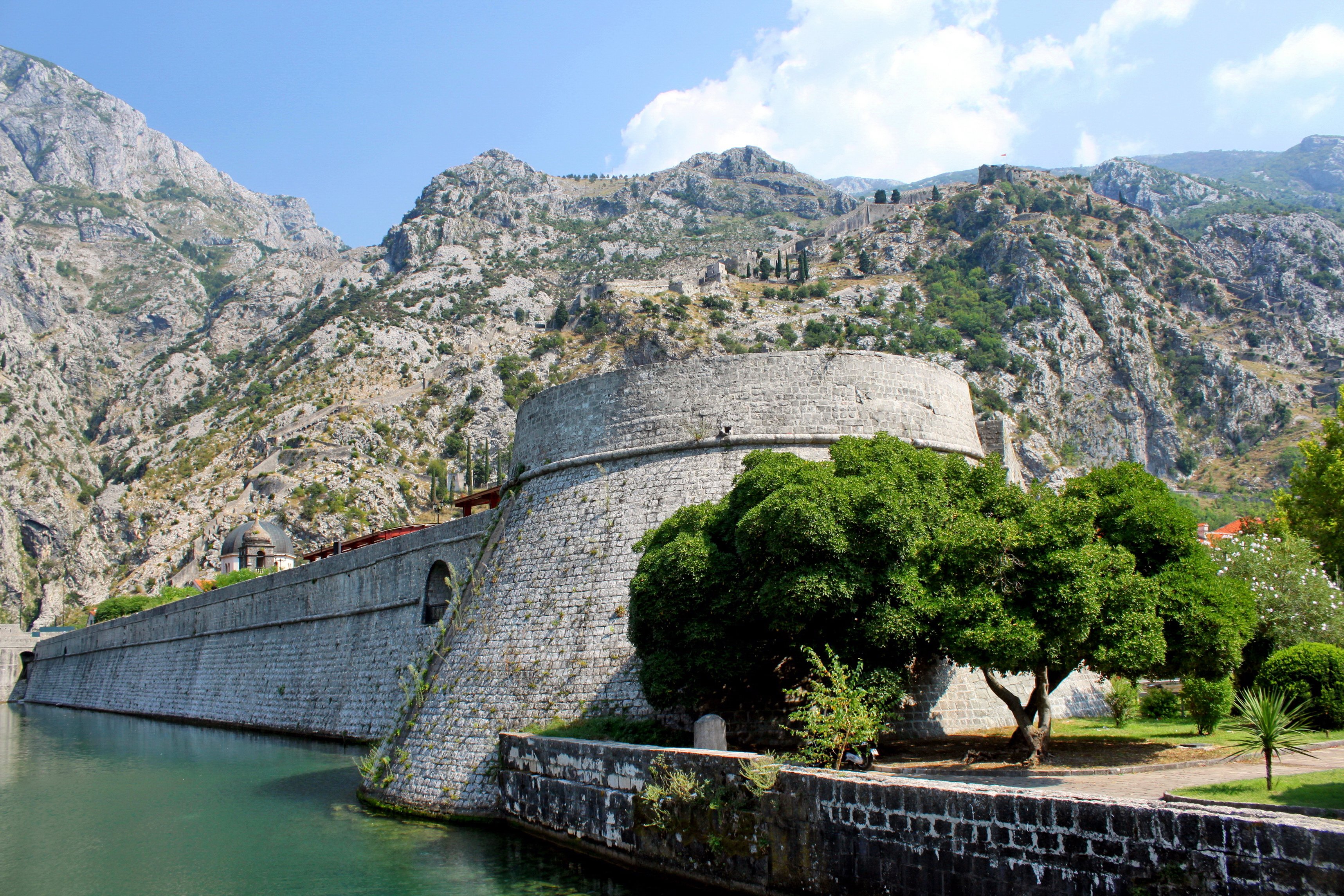🇲🇪map Montenegro [Overview]

Montenegro, known as Crna Gora in the local language, sits on the Adriatic Sea in Southeast Europe, bordered by Croatia, Bosnia and Herzegovina, Serbia, Kosovo, and Albania. It is a compact, mountainous country with dramatic coastlines, medieval towns, and highland national parks, making distances short but scenery big. With a population a little over 600,000, it feels intimate enough to learn your local café’s rhythm, yet varied enough to keep weekends interesting year-round. The country uses the euro as its day-to-day currency despite not being a member of the European Union, which makes budgeting simpler for many travelers and remote workers.
For a newcomer, Montenegro’s geography shapes daily life: the coast hums with summer tourism around Budva, Kotor, and Ulcinj, while the northern mountains offer skiing in winter and hiking in summer around Durmitor and the Tara River Canyon. The capital, Podgorica, is more functional than flashy but serves as the administrative and business hub with the best transport links. You can live very locally in smaller towns or plug into an international community along the coast, especially during the high season. English is widely understood in hospitality and younger circles, though you’ll earn smiles if you learn a few local phrases.
Economy
Services dominate the economy, with tourism as the headline act, followed by retail, transport, and a growing professional-services scene. Agriculture and winemaking have a long tradition—expect excellent local olive oil, citrus, and Vranac wine—while the mountains sustain livestock and dairy. The country’s natural resources include hydropower potential, forests, and some mineral deposits, and the coastline underpins a steady flow of hospitality work and seasonal opportunities. For digital nomads, mobile data is affordable, and cafés are generally laptop-friendly, especially off the peak lunch and dinner times.
Montenegro is well connected for its size: international flights arrive mainly via Podgorica and Tivat, and the port of Bar links to the Adriatic. There is a scenic rail line to Serbia and a coastal highway that ties together the seaside towns, although roads can be winding and congested in summer. Politically and economically, Montenegro is a member of NATO and a candidate for EU membership, aligning much of its policy with European standards. For business planners, the euro-based pricing simplifies cross-border accounting, and the small market encourages practical, relationship-driven partnerships.
Culture
Montenegrin is the official standard, and you’ll also hear Serbian, Bosnian, Albanian, and Croatian, often used interchangeably in everyday life. The population includes Montenegrins, Serbs, Bosniaks, Albanians, and Croats, which you’ll notice in local cuisine, music, and family traditions. The country traces its identity through medieval principalities, long periods of Ottoman and Venetian influence, recognition as a kingdom in the early 20th century, and its more recent path from Yugoslavia to independence in 2006. People take pride in hospitality and outdoor life; a coffee on a sunny square or a late swim at sunset is part of the social fabric.
Religion is predominantly Eastern Orthodox Christianity, with significant Muslim and Roman Catholic communities, reflected in the mix of churches, monasteries, and mosques across towns and villages. National celebrations include Independence Day on 21 May and Statehood Day on 13 July, alongside Orthodox Christmas in early January and Catholic and Islamic holidays observed within their communities. Coastal towns host colorful carnivals and music festivals—Kotor and Herceg Novi are particularly lively—while inland areas celebrate harvests, folklore, and mountain sports. Expect a relaxed rhythm, a strong café culture, and a shared appreciation for nature that quickly becomes part of everyday routines.
Franz
Franz is a German technical writer and business consultant from Munich, with over 15 years of experience
in international corporate relocations and German business culture. Having worked for major German
multinational corporations including BMW and Siemens, Franz has extensive experience facilitating the
relocation of international talent to Germany and helping German professionals navigate complex assignments
abroad.
Published: 2025-05-13